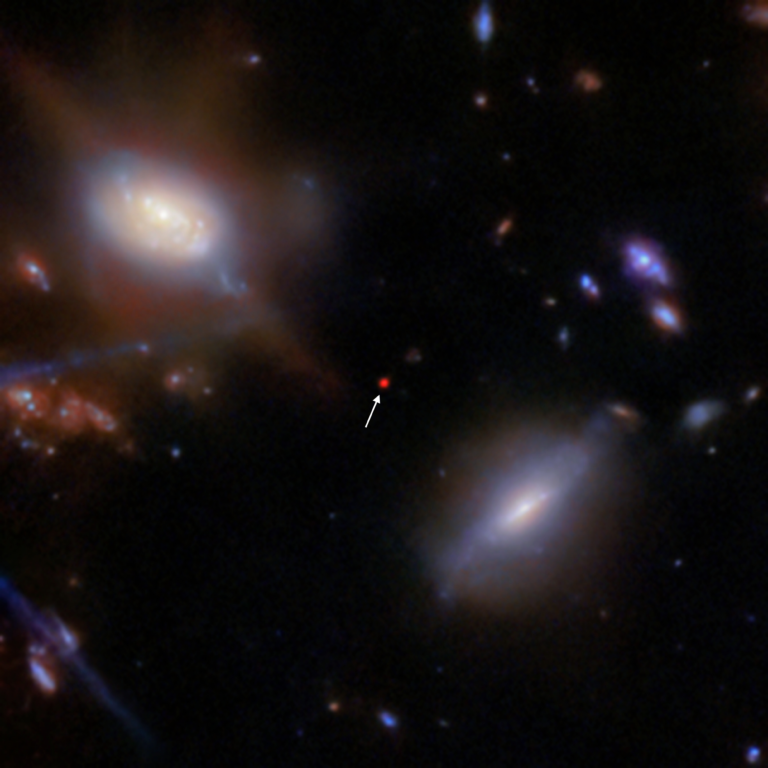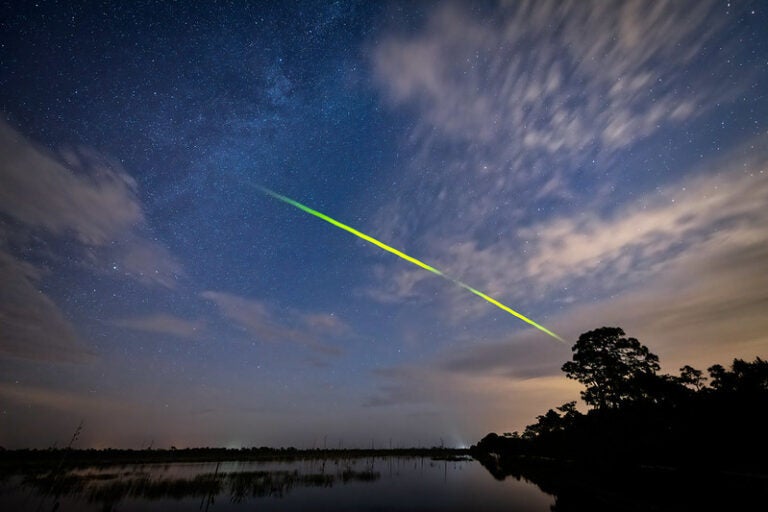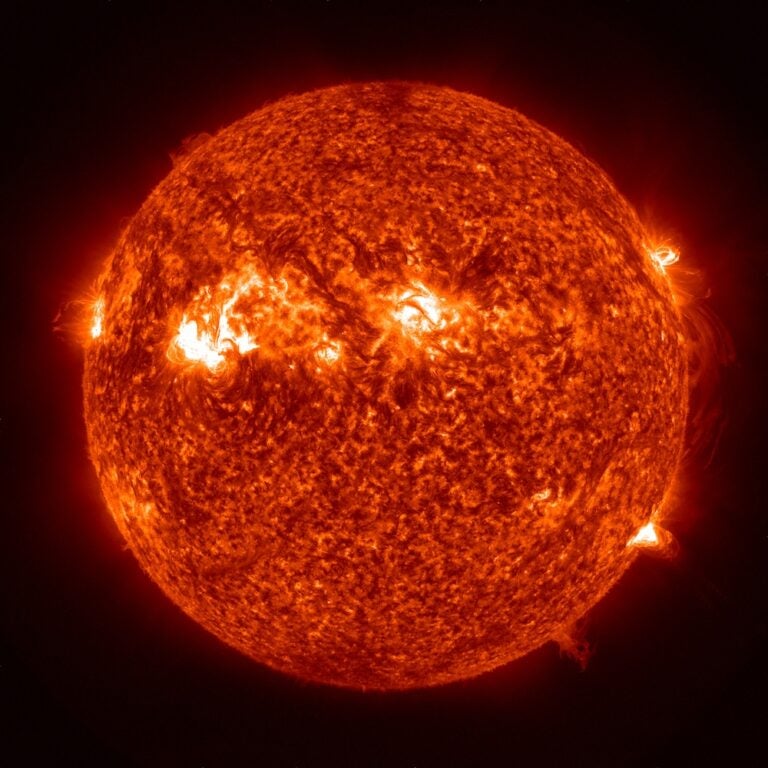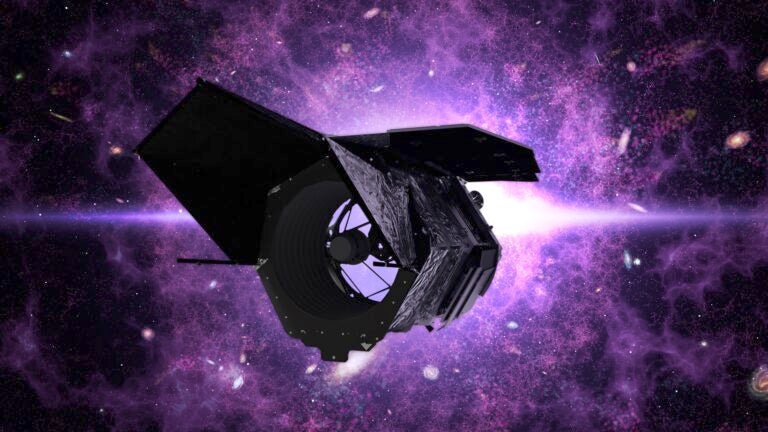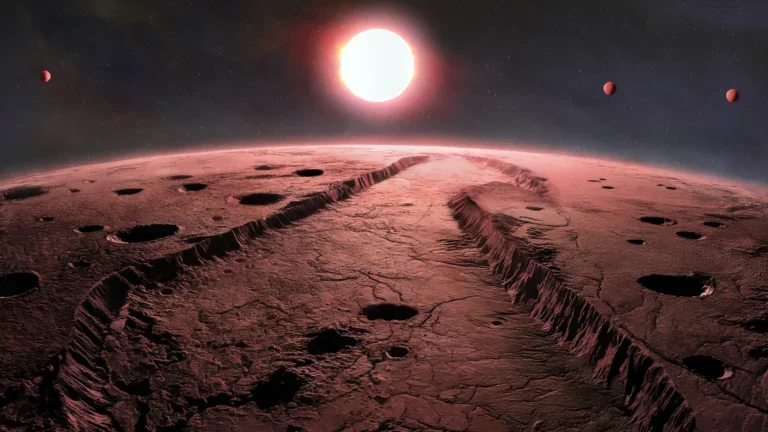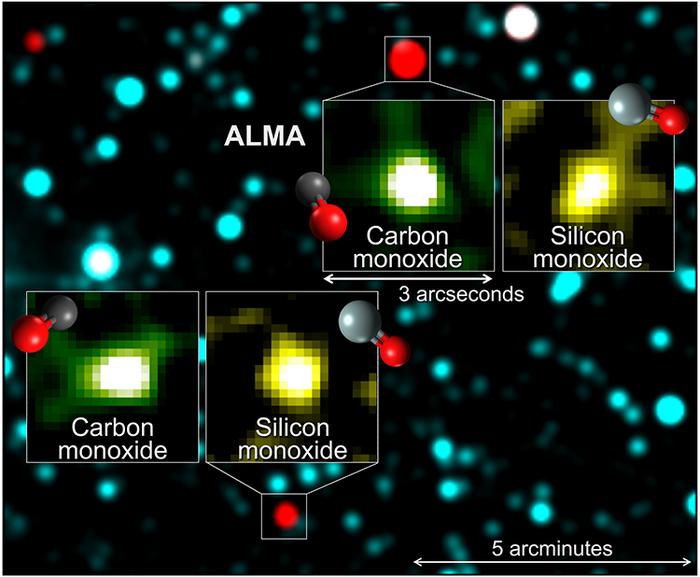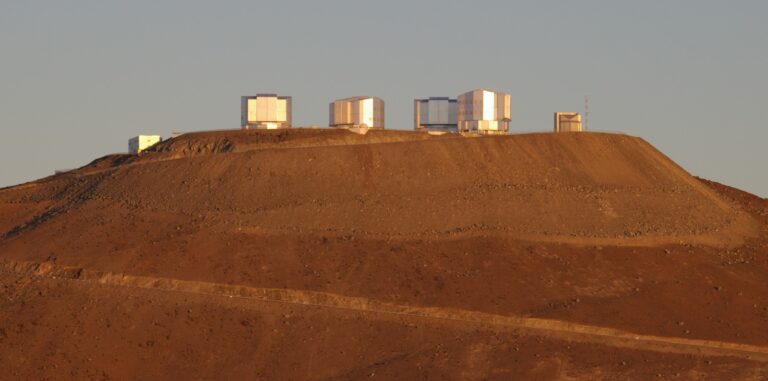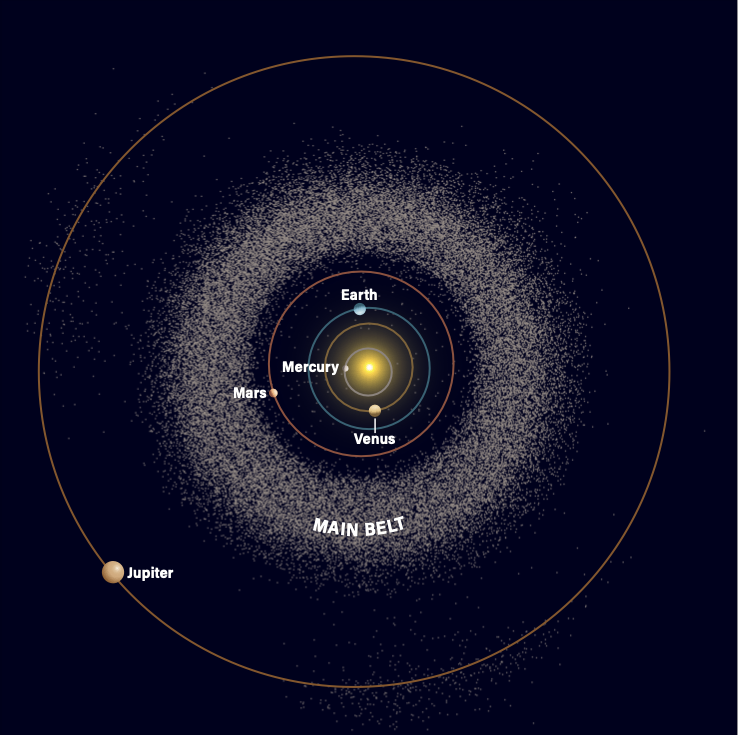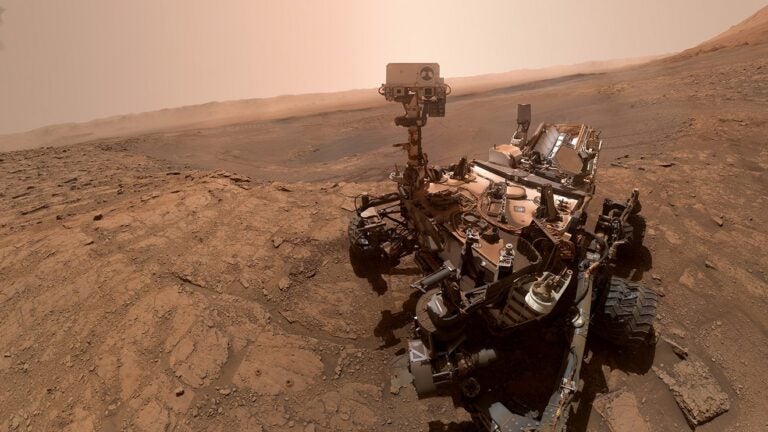Traditionally, the best areas of focus for potential astronomers are physics and mathematics or, if you go to a school with an undergraduate program in astronomy, astronomy and physics. Mathematics is indeed important, but less so than an understanding of the natural world imparted by studying physics. Think about all the stuff out there in the cosmos — planets, stars, gaseous nebulae, star clusters, binary stars, white dwarfs, pulsars, and black holes, to name just a few — physics provides the key to unraveling their mysteries, which often are described in the language of mathematics.
So if I were you, I would probably major in astronomy — if your chosen school has such an undergraduate program — and minor in physics. Otherwise, choose physics as your major and then minor in mathematics.
There are certain specialties within astronomy, such as exobiology, in which knowledge of chemistry (and biology) is invaluable. But most folks wait until graduate school before becoming this specialized. A broad background in astronomy and physics is very important for success these days. Be versatile. — BILL COOKE, MARSHALL SPACE FLIGHT CENTER
Do you have a question for Ask Astro? Click here to submit it.


